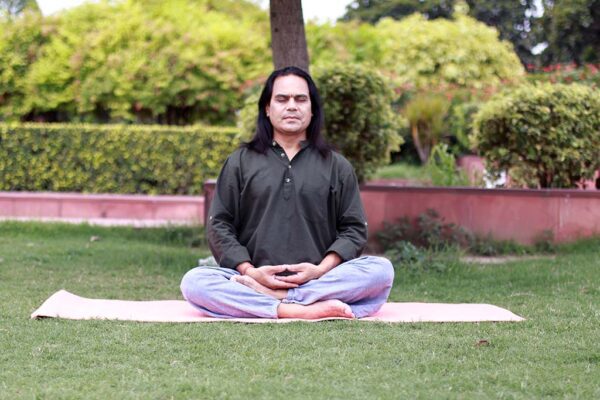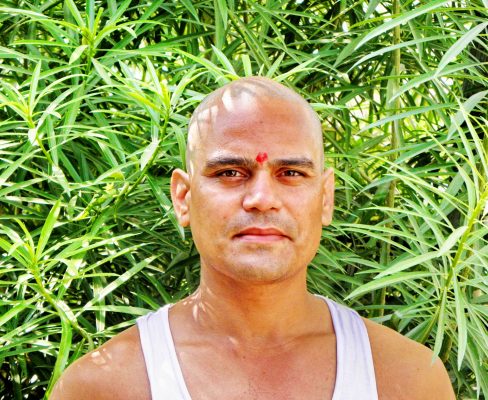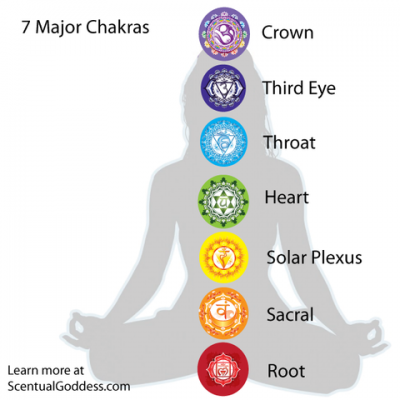
Be energetic and remember the things: In this habit there are two things first being energetic and second being mindful. As to the first; being energetic means to have plenty of energy. Energy may be cultivated through healthy foods and drinks, exercises (I’ll suggest here the Yogasanas and pranayamas as a best physical and vital exercises). Great thoughts also give greater energy; therefore, listening, studying, thinking, and meditating on great thoughts, ideas, then practicing them produce greater energy. Following habits are suggested by Gautam the Buddha to glorify one’s self, on other hand; these are the habits of a glorious soul, a soul who has become now magnificent. These habits are the self natures of an enlightened soul and on other hand these habits will help a soul in his/her enlightenment.
As a descending view, if I’ll talk about one thing which may develop these habits is Enlightenment. The one who wants to have these habits should aim only one thing – enlightenment and along with these 5 habits some more good habits will automatically be found in that one.
Now from descending view each of these 5 habits may be developed in the following mentioned ways:
1. be energetic and remember the things: In this habit there are two things first being energetic and second being mindful. As to the first; being energetic means to have plenty of energy. Energy may be cultivated through healthy foods and drinks, exercises (I’ll suggest here the Yogasanas and pranayamas as a best physical and vital exercises). Great thoughts also give greater energy; therefore, listening, studying, thinking, and meditating on great thoughts, ideas, then practicing them produce greater energy.
As to the second; to remember the things one should practice concentration techniques. Here I recommend as concentration practices the wall gazing or nose tip gazing, or practicing shambhavi mudra (third eye – the center of eyebrows- gazing) or navel gazing while inhaling and exhaling. I would describe one thing here is at one place Buddha exhorts his students to develop the concentration for he who has concentration sees and understands the things according to their realities. And according to Dr Tom J. Chalko, MSc, PhD, Senior Scientist, Scientific Engineering Research and a great aura reader of Australia,tells that the concentration practice enables you to experience and see the yours and other ones’ aura. He suggests if you can practice concentration development exercises for 10-15 minutes regularly that increases your sensitivity and develop auric sight. He says further through concentration exercise you develop the communication between two hemispheres of the brain.
There are two types of exercises to activate mental faculties 1. meditation and 2. Concentration. During his research in aura science he these both types of exercises were performed and their results compared. It was found that both exercises had a very positive influence on human state. They both increased the size of the aura and reduced its fractal distribution. It was found, that the concentration exercise was more effective, more consistent and lead to more coherent improvement of the electro photonic glow than the meditation exercise.
I’ll tell you here that this habit is deeply connected to the 7 elements of Enlightenment described by Buddha. Thus through physical and mental exercises you develop energy and concentration power.
2. Think honestly and act deliberately: This arises from being a truthful one. Love towards truthfulness increases this quality. Here ‘honesty is the best policy’ is to be made one’s conviction. While deliberate honest and practical thinking is must. In developing this second habit exercise of meditation will work better than exercise of concentration. But here one thing must be reminded is before meditation concentration must be developed, because without concentration one can’t meditate properly. Concentration is called in Ashtanga Yoga as Dharana, and you should be aware that dharana comes before dhyana in Patanjali’s ashtanga yoga sutras.
3. Be continent: Samyam or self control, self discipline, chastity or sexual abstinence as much as possible, glorifies one’s self. Here we require our vedic and yogic approach towards continence or chastity. This is connected with mysticism. One will have to be mystic to make oneself Glorious. None in the past nor in the future will attain perfection in Spiritual power without developing this habit. This can be perfected with strong determination. Actually this habit becomes firmed through detachment or vairagya only which is a thing of Spiritual world not of the world of greed, anger and folly. Developing and making this habit perfect in this worldly life is not impossible but much difficult. Indeed, this is a great challenge, and is something which is to be developed by oneself, no one else in the Universe is there who can do it for oneself.
4. Be righteous: Righteousness is the essential habit to make oneself glorious. This is the road which leads to greatness. Righteousness ought to be practiced as right belief, right decisions, right speech, right action, right livelihood, right struggle, right thought and right meditation, which takes to the Universal Mind.
5. Be serious: Developing the habit – seriousness doesn’t mean to develop gloominess rather developing the habit of being deeply concerned to everything. Being serious means being focused on the things which really affect us. This is something which is the beloved of the wise one. Think serious, talk serious, joke serious, work serious, enjoy serious. Buddha admires seriousness saying “Seriousness is the province of immortality; frivolity, the province of death. They that are serious do not die; they that are frivolous are always dead. Therefore would the wise be serious. The wise attain the supreme blessing, nirvana. He sees his glory increase who is serious. It is frivolity the fools and the weak-minded pursue; the wise treasure seriousness as a miser his gold. The man who would be serious, who sees the danger of frivolity, shakes the evil law like the wind does the leaves; he tears asunder the bonds that bind him to the frivolity; he is close to nirvana. Standing on the terrace of wisdom, released from all suffering, the serious man who has conquered frivolity looks out over the unhappy multitude, as, from the summit of a mountain, one might gaze upon the crowd in the plains below.” Thus seriousness has been a fond habit of wise ones.
















